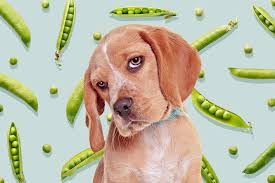
How much mozzarella cheese can a dog eat? A single slice of mozzarella cheese may contain up to 5 grams of fat. According to PetMD, fat is a necessary part of maintaining a balanced diet for dogs but it should only consist of around 10 to 15 percent of a dog’s diet.
Can mozzarella cheese make a dog sick? While cheese can be safe to feed to your dog, there are some things to remember. Cheese is high in fat, and feeding too much to your dog regularly can cause weight gain and lead to obesity. Even more problematic, it could lead to pancreatitis, a serious and potentially fatal illness in dogs.
What cheese Can dogs eat? Yes, technically, your dog can eat cheese, including cheddar, mozzarella and cottage cheese. However, your dog should not consume any blue-veined cheeses, including Dutch blue, Stilton, Roquefort, Cabrales, or Gorgonzola, as it can be toxic for dogs. Because cheese is as fattening as it is tasty, moderation is key.
What cheese Can dogs not eat? Make sure to stay away from cheese like blue cheese and Roquefort. Not only do these cheeses have high fat content, but when they get super ripe, they can produce roquefortine, which is potentially lethal for dogs to consume. Also, stay away from cheese with herbs and garlic like Havarti or cream cheese.